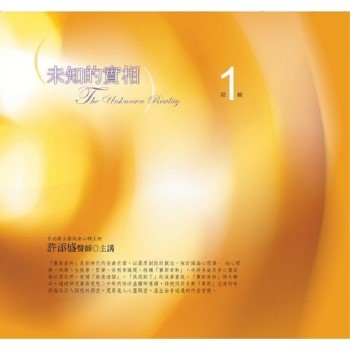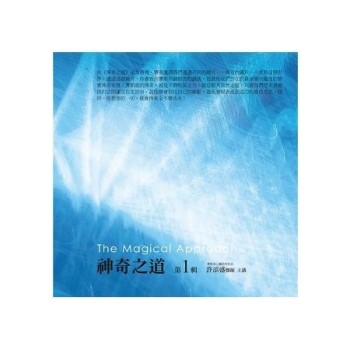The first comprehensive account of Charles J. Connick, America’s most innovative and influential stained glass artist working in the first half of the twentieth century
When Charles J. Connick (1875-1945) began his stained glass career in Pittsburgh in the 1890s, America’s fascination with the newly invented "opalescent" windows of Tiffany and La Farge meant that the original traditions of the art form were almost forgotten. Connick made it his life’s mission to reassert the values of the medieval craft, successfully persuading twentieth-century Americans that these could inspire powerfully expressive modern glass as well as thrilling new imagery. This book presents the dynamic trajectory of Connick’s artistic development. Refuting any notion of Connick as a revivalist, Peter Cormack examines the diverse cultural influences that shaped Connick’s art, including his creative interaction with European stained glass and his friendship with poets such as Robert Frost. Richly illustrated and based on decades of research, it analyzes Connick’s work in the context of the Arts and Crafts and "Modern Gothic" movements in architecture and the applied arts, showcasing stained glass works found throughout some of the most spectacular buildings in the United States, including New York’s St. John the Divine Cathedral and San Francisco’s Grace Cathedral. His fruitful collaborations with Ralph Adams Cram, Bertram Grosvenor Goodhue, Maginnis & Walsh, and other leading architects are also documented in detail.| FindBook |
有 1 項符合
Charles J. Connick: America’s Visionary Stained Glass Artist的圖書 |
 |
Charles J. Connick: America’s Visionary Stained Glass Artist 作者:Cormack 出版社:Yale University Press 出版日期:2024-06-25 語言:英文 規格:精裝 / 376頁 / 普通級/ 初版 |
| 圖書館借閱 |
| 國家圖書館 | 全國圖書書目資訊網 | 國立公共資訊圖書館 | 電子書服務平台 | MetaCat 跨館整合查詢 |
| 臺北市立圖書館 | 新北市立圖書館 | 基隆市公共圖書館 | 桃園市立圖書館 | 新竹縣公共圖書館 |
| 苗栗縣立圖書館 | 臺中市立圖書館 | 彰化縣公共圖書館 | 南投縣文化局 | 雲林縣公共圖書館 |
| 嘉義縣圖書館 | 臺南市立圖書館 | 高雄市立圖書館 | 屏東縣公共圖書館 | 宜蘭縣公共圖書館 |
| 花蓮縣文化局 | 臺東縣文化處 |
|
|
圖書介紹 - 資料來源:博客來 評分:
圖書名稱:Charles J. Connick: America’s Visionary Stained Glass Artist
|











